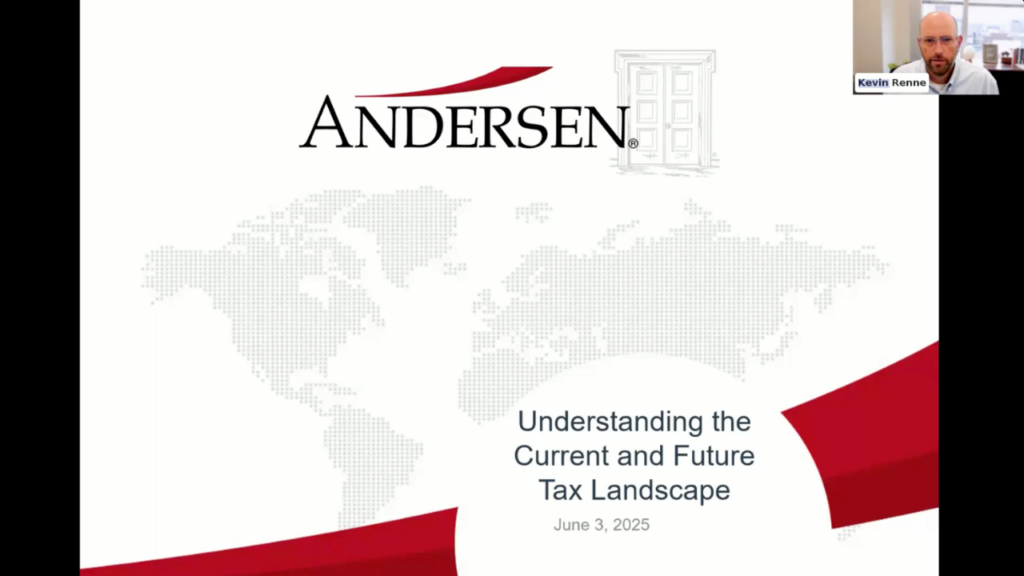The story is told of two Texas brothers who were very successful and innovative ranchers. Over many years, they built a prosperous livestock enterprise that covered several thousand acres and included operations in several states. Near the end of their lives, when asked for their keys to success, the brothers reportedly said, “Kill them with kindness, and above all, stay out of the courthouse.”
These two principles—acting with good will and avoiding legal entanglements—might also be applied to the oversight and administration of your company-sponsored retirement plan. In fact, doing so may be a key to properly carrying out your responsibilities as a plan sponsor. And on the flipside, failing to do so could be very costly, both to your plan and to your company.
Class-action lawsuits involving company-sponsored plans are on the rise and have been for some time. Recently, the largest-ever such suit was settled by the employer, who agreed to pay between $276 million and $340 million—subject to final approval by the court—due to allegedly excessive fees paid by the plan. Over the last four years, the pace of similar legal actions appears to be holding steady, if not increasing, as plan participants continue to hold sponsors’ feet to the fire to ensure that the terms of the plans are operating in the participants’ best interests.
In fact, as a plan sponsor, you have a fiduciary duty to ensure that the plan is operating in the best interests of plan participants. This means, among other things, that you have a responsibility to make sure that fees being charged for the plan, investment performance, and other key aspects of the plan are aligned with those of plans of similar size for your industry and area. Failing to exercise such oversight could expose you, as plan sponsor, to legal actions like those mentioned above.
So, how can plan sponsors effectively benchmark their plans and do what is reasonably possible to exercise proper oversight and keep the plan working for the benefit of the participants? There are a few key areas that deserve special attention.
- Plan Fees. As mentioned above, excessive fees charged for various plan operations are the most common complaint cited in lawsuits filed against plan sponsors. Typically, plan fees consist of:
- Administrative fees—customer support, record-keeping, legal services, compliance support, and others—charged by the plan administrator for operating the plan. These may be covered by the plan sponsor (the employer) or may be passed along to participants (in which case the sponsor is liable for exercising oversight of the fees being charged);
- Investment fees—charged to plan participants as a percentage of fund assets (these will vary, depending on the types of investments permitted by the plan);
- Transaction fees—charged by some plans to participants who utilize certain services that may be permitted by the plan, such as hardship withdrawals, loans, financial wellness items, and others.
Plans sponsors are required to ensure and document that fees being charged by their plans are reasonable when compared with plans of similar size and scope.
- Investment Performance. Because the central purpose of participating in a 401(k) or other company-sponsored plan is to save for retirement, the actual performance of the investments available within the plan should be of paramount importance to everyone involved. Ask yourself: What investment options are available within your current type of 401(k) or 403(b) plan? Do you feel they are diversified enough and sufficiently cover the differing risk tolerances, backgrounds, and needs of your employee base? How do the various investments in your plan compare with those of similar plans in your industry and for your company’s size? Are the investments being used in the plan the lowest share class available?
- Plan features. Does your plan make it easy for participants to track how their accounts are doing? Do you offer helpful services to participants, like investment or financial counseling, retirement planning, and others? Does your plan feature consistent, user-friendly communication around enrollment, contributions management, vesting schedules, and various deadlines? Who is responsible for disbursing these communications? All of these options play a role in how much and how effectively your plan is being utilized by eligible participants, and plan utilization is an important key to participant satisfaction—not to mention company loyalty. How does your plan stack up, compared to industry standards and within your peer group?
Keeping Track of It All
If all the above is starting to sound like a lot—that’s because it is! In fact, one of the best benefits that a sponsor can receive from external partners is significant help with management of the fiduciary responsibilities (investment and administrative) that go along with offering a plan—including systematic benchmarking to ensure that the plan is within fiduciary guidelines. According to the US Department of Labor, benchmarking is “an ongoing responsibility,” and ideally, it should be carried out every 3-5 years.
At JFS Wealth Advisors, our business retirement plan team understands the importance of offering a competitive, well-run company-sponsored plan for attracting and retaining the top talent required by today’s competitive marketplace. Not only can we help plan sponsors with the investment fiduciary responsibilities, we can help to design a plan that is tailored to the special needs of the business and the demographics of its employees. To learn more about our business retirement plan services, please visit our website.




















